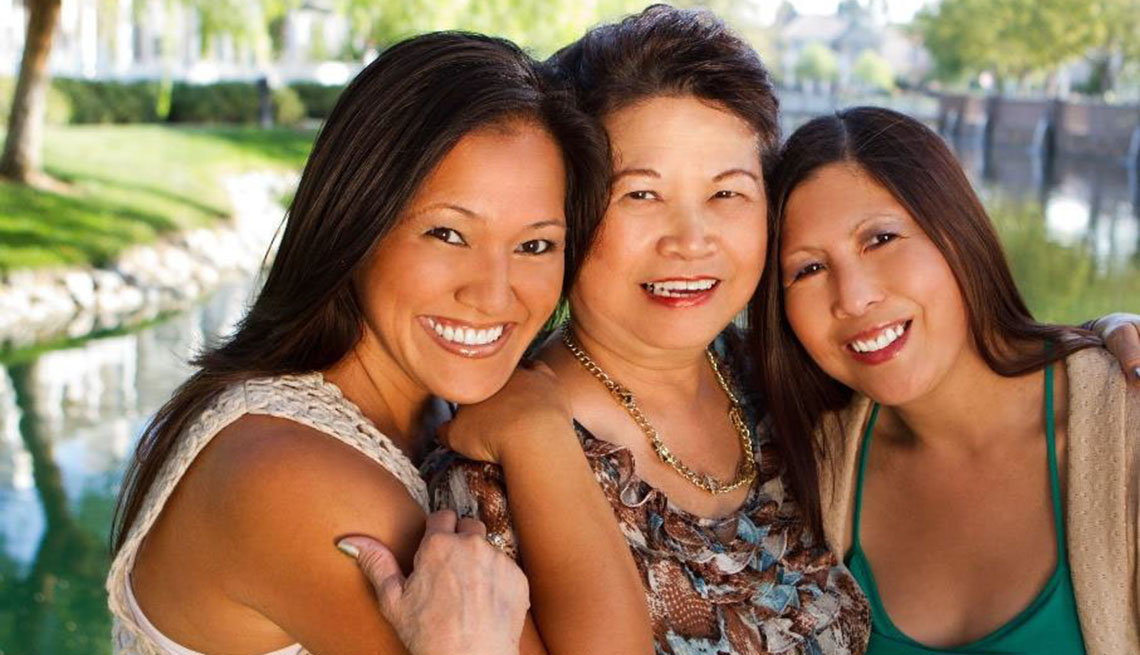Asian American, Native Hawaiian, and Pacific Islander (AANHPI) communities are the fastest growing demographic in the United States, yet data gaps persist in survey-based research.
Too frequently, AANHPIs are left out of survey research reporting even when data for other racial and ethnic groups are included. And in cases where AANHPI data is reported, it is often either inaccurate, incomplete, or only done in aggregate, meaning all individual communities within this linguistically and culturally diverse population are combined into a collective group. This masks the diversity within the AANHPI population and leaves the unique needs of different groups unrecognized and unmet.
Poor data representation of AANHPI communities perpetuates disparities, racial and ethnic stereotypes, and discrimination. It also obscures opportunities to design more inclusive services and deliver better consumer value.
The persistent gap in the representation of AANHPI perspectives in public opinion data points to the need for inclusive capacity-building in the research field to capture meaningful data about Asian American and Pacific Islander communities. The issue of AANHPI data inequity matters to AARP because it prevents us from gaining meaningful understanding on experiences of life and aging, and from being able to fully meet the needs of AANHPI adults ages 50-plus and their families.
Our work to find solutions to ongoing AANHPI data inequity includes the following:
- In 2018, we began by hosting a two day “Think In” convening of experts and researchers across academia, business, government, public policy, and community organizations. Coming out of this event, we identified several opportunities for collaborative action to advance systemic change in the field of survey research, including:
- Education to raise awareness of the problem.
- Promotion of best practices for AANHPI research.
- Infrastructure building for low cost, high quality data collection through the development of a dedicated AANHPI research panel.
- In 2019-2020, AARP commissioned NORC at the University of Chicago to conduct a literature review and in-depth interviews with experts to identify best practice approaches for recruiting survey research participants from AANHPI communities.
- In 2021, AARP and NORC at the University of Chicago began to co-lead a collaborative effort to bring to market the first AANHPI-focused consumer probability panel to address the critical issues of sample access and infrastructure needed to coordinate, collaborate, and implement research in AANHPI communities. The panel, called Amplify AAPI, will launch in 2023.
- In March 2022, AARP and The Asian American Foundation (TAAF) convened a conference called Solving for Asian American Data Equity to discuss the implications and consequences of data gaps and to showcase innovative solutions.
To learn more, please visit the linked information below and download the materials on the research, conference, and AANHPI panel development.
For more information on the initiative, please contact Angela Houghton at ahoughton@aarp.org. For media inquiries, please contact External Relations at media@aarp.org.
Search AARP Research
Enter a keyword below to find answers to your AARP Research questions.
Recent AANHPI Research
Results from Vital Voices, 2022–2024, a cycle of national and state surveys of adults ages 45 and over.
Find Out MoreSocial Media
Explore Our Work on This Issue
Key Findings from Research on Strategies in AANHPI Representation
In 2022, AARP Research and NORC published an academic journal article in "Survey Practice" that examined challenges to AANHPI survey participation and strategies for overcoming these barriers.
Amplify AAPI: The First AANHPI-Focused Panel for Survey Research Co-Led by AARP and NORC
AARP and NORC are launching a pioneering data effort to develop the first AANHPI-focused consumer probability panel of adults age 18+ for survey research.
Solving for Data Equity: A Co-Hosted Conference with The Asian American Foundation
On March 29, 2022, AARP and The Asian American Foundation (TAAF) co-hosted a conference on addressing Asian American data equity in research.





